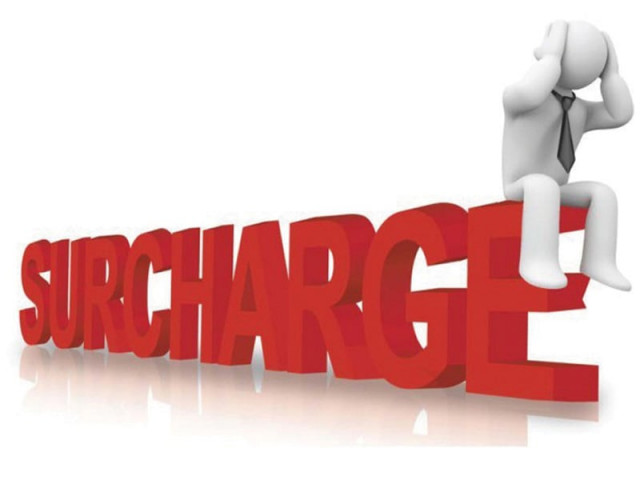Gas losses: Cabinet rubbishes proposal to burden consumers
Forms committee with the task of resolving matter in three days.

During the term of previous Ogra chairman Tauqeer Sadiq, UFG ceiling was enhanced from 5% to 7%. CREATIVE COMMONS
The cabinet has turned down a proposal of the Ministry of Petroleum that calls for pressing the Oil and Gas Regulatory Authority (Ogra) to allow shifting of Rs9.6 billion worth of gas losses to consumers, a move that may also have provided an opportunity to stockbrokers to pocket billions of rupees.
According to sources, the cabinet discussed the matter for over two hours on Thursday and constituted a committee, headed by Law Minister Farooq H Naek, with the task to resolve it within three days.
Had the demand of the ministry been met, it would have raised the ceiling of unaccounted-for-gas (UFG), allowed to gas distributors, from 7% to 10.5%. This meant that the companies would have been able to recover a higher amount of losses due to gas theft and leakage from the consumers for no fault of theirs. Stockbrokers might also have pocketed their share too with an expected increase in share prices of gas companies.
During the term of previous Ogra chairman Tauqeer Sadiq, UFG ceiling was enhanced from 5% to 7%, leading to a massive increase in share prices of gas utilities from Rs16 to Rs36 per share on the stock market.
According to a report submitted by the National Accountability Bureau (NAB) to the Supreme Court, after the revision in UFG ceiling, the stockbrokers got a windfall of Rs44 billion.

Ogra has already allowed gas companies to shift a lighter burden of Rs3.48 billion to the consumers on account of gas theft, minimum billing and low recovery in areas affected by law and order conditions.
This amount has been adjusted in UFG ceiling, which has been set at 7% for Sui Southern Gas Company (SSGC) and 4.5% for Sui Northern Gas Pipelines Limited (SNGPL).
The ministry argued before the cabinet that gas prices would not go up as a result of shifting more losses. On the contrary, Ogra was of the view that gas price for SNGPL consumers would go up by Rs11 per unit and for SSGC by Rs7 per unit as high UFG levels would have their impact on revenue requirements of the two companies.
In a decision on revenue requirements of the utilities for financial year 2012-13, Ogra has allowed 1.5% allowance on account of gas consumed by unregistered consumers, minimum billing and lack of recovery in sensitive areas. However, sources said the petroleum ministry asked the cabinet that under Section 21 of the Ogra Ordinance, the regulator should be directed to put a burden of 3.5% on the consumers.
Ogra contended that it could not be forced to put an additional burden on the people under the same section.
“Cabinet can only give guidelines to the regulator as per the ordinance and Ogra will determine the volume of gas theft to be passed on to the consumers,” a source said, adding the law and finance ministers also supported the stance of Ogra.
For instance, in a recent case of CNG price determination, the federal government only gave guidelines to the regulator, which actually determined the prices. The Supreme Court also gave the verdict that the power of price determination rests with Ogra.
Ogra told the cabinet that SNGPL had demanded Rs973 million on account of gas consumed in insecure areas, against which the regulator allowed recovery of Rs616 million. The company sought Rs3.2 billion on account of gas used by unregistered consumers, of which it was allowed Rs1.9 billion. In the head of minimum billing, it sought to recover Rs2.1 billion, but it was rejected.
On the other hand, SSGC’s demand for Rs373 million due to lack of recovery in insecure areas of Balochistan was accepted. The regulator also allowed it to recover Rs597 million on account of gas theft, but it rejected the demand for Rs1.15 billion because of minimum billing.
Published in The Express Tribune, January 4th, 2013.
Like Business on Facebook to stay informed and join in the conversation.


















COMMENTS
Comments are moderated and generally will be posted if they are on-topic and not abusive.
For more information, please see our Comments FAQ